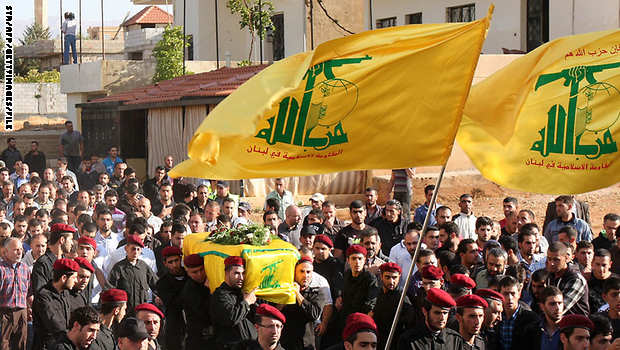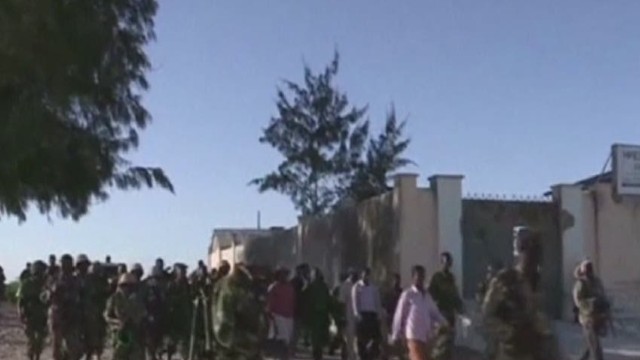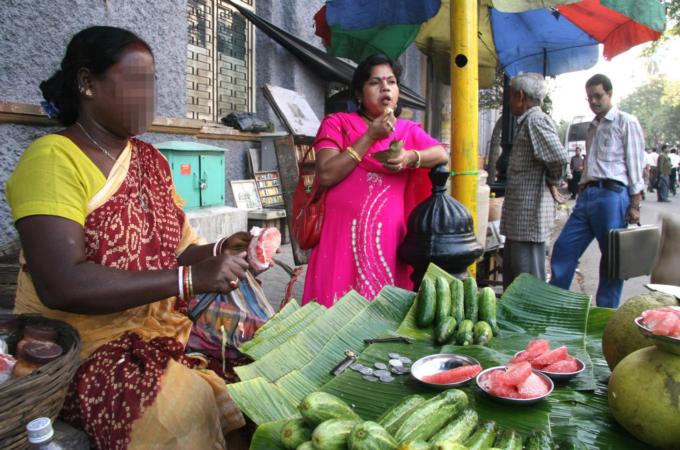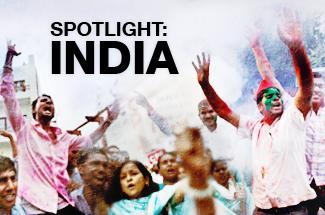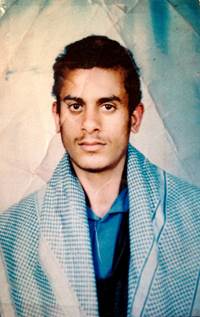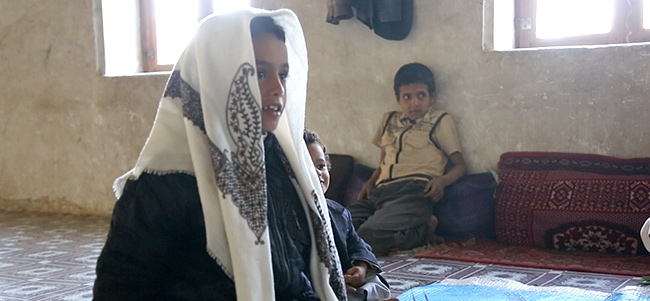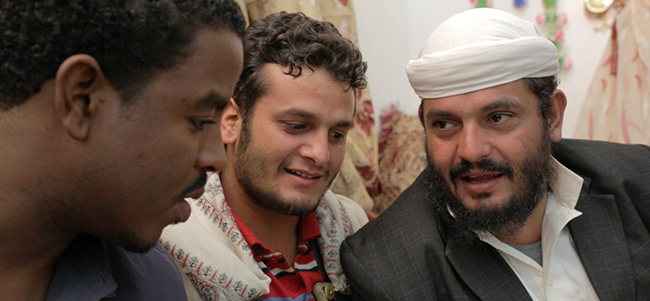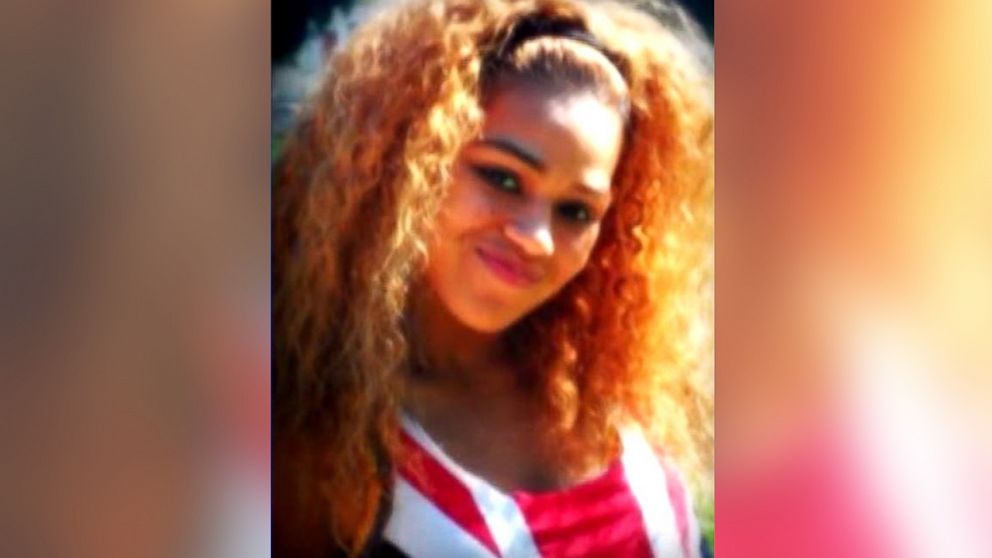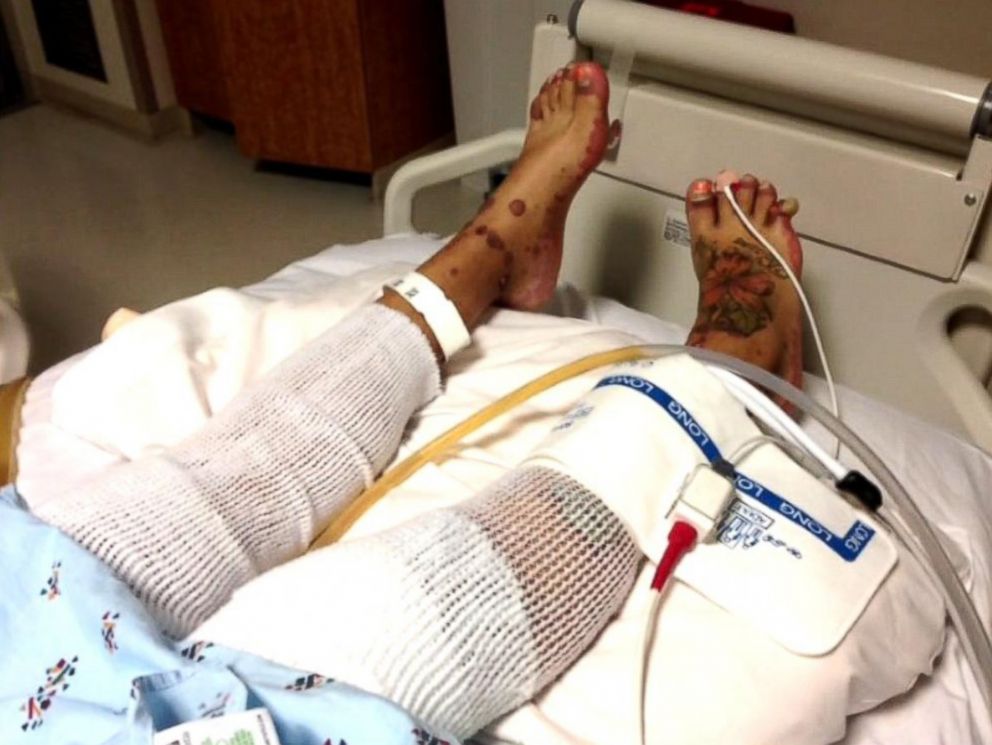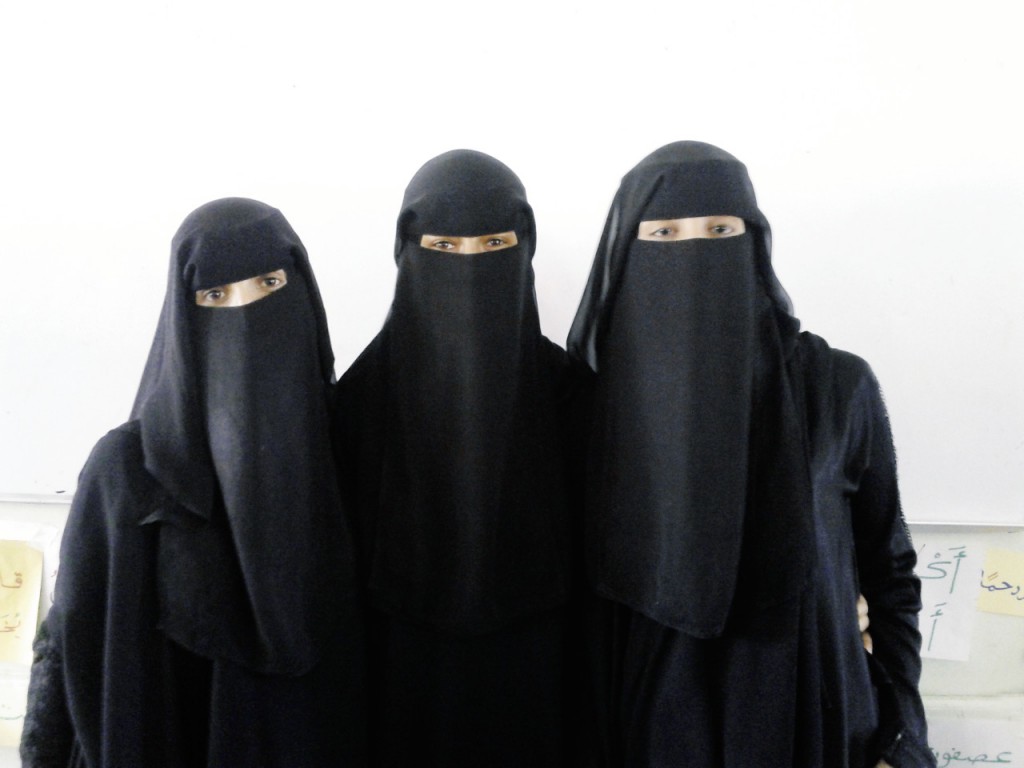
نشأت
ياسمين مكاوي في ظل أسرة منفتحة في مدينة تعز اليمنية، جنوب العاصمة
صنعاء، أعطاها والدها كل الحرية والثقة في خياراتها، سواء في اختيار
صديقاتها أو في اختيار مجال دراستها الجامعية. كانت ياسمين حريصة على ألا
تخسر ثقة والديها واستغلالها في الاتجاه الصحيح، وكان حرصها على بقائها
منقبة من أهم السمات التي حاولت أن تحافظ عليها، وذلك رغبة من والديها
لكيلا يتم مضايقتها في الشارع، كون المجتمع المحيط بهم محافظاً.
اختارت
في دراستها كلية الهندسة من أجل أن تصبح مهندسة مدنية وتحقق طموح والدها
لأنه حسب قولها كان يحلم بالدراسة في هذا المجال. تعرفت في الكلية إلى أحد
زملائها، ومع مرور الوقت أخذت العلاقة تتطور، إلا أن وصلت إلى مرحلة الحب
والتعلق. ولم تكتم الأمر عن والديها، لأنها لم تعتد الاحتفاظ بأسرار لنفسها
في ظل وجود الثقة المتبادلة بينهم. وقد نصحها والدها أن تطلب من هذا الشاب
اتخاذ خطوة إلى الأمام وأن يفصح عن نواياه بطريقة شرعية وأن يتقدم
لخطبتها.
ورطة الخطبة
لم
يجرؤ الشاب على رفض عرضها لأنه كان يحبها، لكنه في المقابل لم يستطع أيضاً
مفاتحة والديه في موضوع خطبته لأنهما مثل كثيرين لا يعتبران الفتاة التي
تتلقى تعليماً جامعياً زوجة مناسبة، ومن أجل ذلك قام بإقناع أحد أقاربه أن
يتقمص دور والده وذهب معه إلى منزل ياسمين وقام بخطبتها من أبيها بعد أن
قام باقتراض مبلغ من المال من أحد أصدقائه من أجل شراء لوازم الخطبة. وهكذا
وبعد أن أثبت لها حسن نواياه، تعلقت به ياسمين بطريقة جنونية، لكنها لم
تكن تعرف أنه أحضر لها أباً مزيفاً ليخطبها له.
مرت
سنوات الدراسة وكان قد قام بخطبتها في السنة الثالثة، وعندما جاء موعد حفل
التخرج اكتشفت أن والده ليس ذلك الشخص الذي قام بإحضاره في يوم الخطبة،
وعندما سألته أخبرها أن ذلك الرجل هو خاله وأن والده كان يومها مسافراً. لم
تسمح لنفسها بالتشكيك في مصداقيته، فلم يكن أمامها سوى تصديقه، فهو الحب
الأول بالنسبة لها. بعد التخرج بسنتين قام والدها بالاتصال بوالده أو
بالأصح بالرجل الذي قام بمرافقته في أثناء الخطبة، وطلب منه الضغط على ولده
والتقدم لزواج ابنته بسبب مضي أكثر من ثلاث سنوات على خطبتهما. ولكن بسبب
وصول الشاب إلى لحظة حرجة، لم يجد أمامه سوى مصارحة الفتاة وإخبارها أن
أسرته لا تعرف بأمر حبه وخطبته. كان للصدمة وقع كبير على ياسمين، ولم تستطع
أن تتمالك نفسها وأغمي عليها وهي ممسكة بالهاتف في منزلها.
تضحية
بعد
مرور أسبوع كامل وهي منقطعة عن مهاتفته، قامت ياسمين بالتواصل مع خطيبها
وأخبرته أنها ستغفر له ذلك الذنب بمجرد أن يخبر والده الحقيقي وأسرته بأمر
خطبتهما. وعدها بذلك، ولكنه لم يستطع أن يفي بوعده ليقينه أن أسرته لن
توافق عليها لأنها فتاة جامعية. تقول ياسمين: «كأن ذلك جرم كبير وعار على
الفتاة، ولو كنت أعرف ذلك مسبقاً لما تعرفت إليه وأعطيته الثقة وأهله
يفكرون بهذه الطريقة».
لم
يكن الشاب حينها قد حصل على فرصة عمل لكي يستقل بقراره وحياته، فهو لايزال
يعتمد على والده في كل شيء. أخبرته ياسمين أن عليهما معاً أن يصنعا
مشوارهما من الصفر، وأن يعتمدا على نفسيهما ويبنيا حياة جديدة. وقامت
بتحفيزه على البحث عن عمل وهي كذلك من أجل توفير قيمة المهر، وأقنعت والدها
أن يعطي الشاب مهلة أطول من أجل توفير المهر اللازم.
مرت
سنة كاملة على تلك المهلة، وبرغم حصول الشاب على وظيفة مؤقته في شركة فإن
أن دخله لم يكن يؤهله للإيفاء بالمهر وفتح بيت جديد. زادت ضغوط الأسرة على
ياسمين، ولولا حب والديها لها لتم فسخ الخطبة عند أول تعثر للشاب، حيث تقول
«وصل بي الخجل إلى أني كنت أظل حبيسة غرفتي حتى لا ينظر إليّ أهلي بنظرات
العطف والشفقة، فهم أطيب مما يتصور أي إنسان، ولا يمكن لي أن أضعهما في
موقف محرج».
بعد
أن أدركت أن خطيبها بالفعل غير قادر على الزواج بها، أخذت بالتفكير بجدية
في البحث عن وسيلة للحصول على قيمة المهر ليتزوجا. وبعد أن انقطعت بها
السبل، لم تجد سوى حل واحد يضمن لها كبرياءها وشرفها وحبها. ذهبت إلى أحد
المراكز الطبية الخاصة في أمانة العاصمة صنعاء وقامت ببيع إحدى كليتيها
بقيمة أربعة آلاف دولار أمريكي وكان المبلغ كفيلاً بإقامة حفل زفافهما، حيث
غابت عن المنزل لمدة يومين لإجراء العملية وكانت قد أقنعت والديها أنها في
رحلة مع صديقاتها إلى مدينة عدن. وعندما قابلت خطيبها وهي هزيلة ومجهدة من
الإعياء، وضعت المبلغ بين يديه، وأخبرته أن يذهب إلى والدها بأسرع وقت
ممكن. تقول مكاوي: «كنت خائفة أن أموت بعد العملية قبل الزواج منه ولذلك
كنت أضغط عليه بالإسراع بالذهاب إلى أبي وإتمام حفل الزواج».
الكارثة
تأخر
الشاب بالرد على ياسمين، وقام بإغلاق هاتفه وبعد مرور قرابة شهرين
واستنفاد كل الطرق في الوصول إليه، قامت بالاتصال بأحد أصدقائه ووصف لها
عنوان منزله، وعندما وصلت إلى العنوان قامت بطرق الباب ففتحت لها فتاة أخرى
وحين سألتها عن خطيبها المختفي، ردت بشكل مفاجئ: «من أنت حتى تسألي عن
زوجي؟».
سقطت
ياسمين بعدها على الأرض وقامت المرأة بإغلاق الباب دونها، وبعد أن قام
الجيران بإدخالها إلى منزلهم وصب الماء عليها، أفاقت من غيبوبتها، أخبرها
الجيران أن خطيبها تزوج بابنة خالته التي خطبتها له والدته منذ كان في
السنة الأولى بالجامعة، وقام بإخفاء ذلك الأمر عنها ظناً منه أنها خطبة
تقليدية وستنتهي. وأخبرها الجيران أيضاً أن الشاب قد حصل على مبلغ كبير من
عمله كقرض وقد قام بالإسراع بالزواج بابنة خالته إرضاءً لأمه. لم تجد مكاوي
أي تفسير لذلك سوى أنها قالت «الحمد لله أني بعت من أجله كليتي ولم أبع
شرفي».




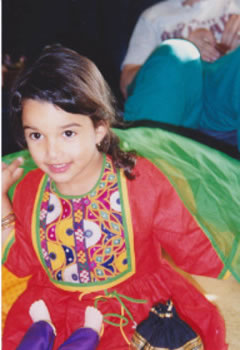


 It's no surprise then that over 50 per cent of women living in the UAE say that they would not report a rape to police.
It's no surprise then that over 50 per cent of women living in the UAE say that they would not report a rape to police.

